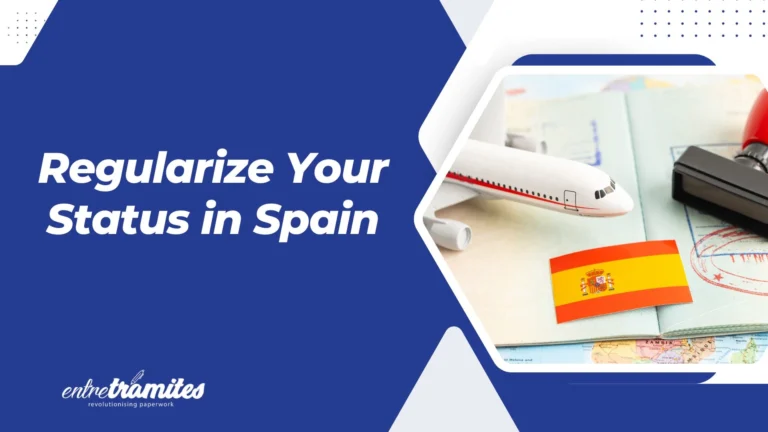Filling out the Direct Debit Mandate may seem intimidating, but we are here to tell you that it is not. Whether you have a payment to make to an individual or a business, for example, a utility bill, the Direct Debit Mandate is a simple four-step process.
What is in the Direct Debit Mandate?
When filling out the Direct Debit Mandate, it is important to include certain information. These are:
- SEPA Creditor Identifier: A unique code given by the bank to the creditor for the issuance of SEPA Direct Debits.
- Office Name and Address: Include the name and complete contact information of the issuing office.
- Payment Amount: The total amount owed to the creditor. It must be indicated in euros or another currency specified by the creditor.
- Banking information: Refers to the creditor’s banking details, such as the bank account number and long IBAN number.
- Signatures: To authorize the operation, the Direct Debit Mandate must be signed by both the creditor and the debtor.
How to fill out the Direct Debit Mandate?
Completing the Direct Debit Mandate is a simple process. To further simplify the process, some countries offer online applications where you can fill out the form and send it to the issuing office with the click of a button.
Step 1: Choose a form first, you must choose the appropriate form you want to use from the range of Direct Debit Mandates available.
Step 2: Provide the required information. In this step, you must enter the information requested in the Direct Debit Mandate. This includes the creditor details, the issuer details, the amount to be transferred, and the bank details.
Step 3: Save and print. Once the information has been entered and verified, you must save the completed document in Word or PDF format. This will ensure that all your information enters official records.
Step 4: Authorize the transaction. Finally, it is important to authorize the transaction before it can be officially approved. This is done by signing the Direct Debit Mandate with the creditor and the debtor.
Security in transfers
In the modern era of cybercrime, it is more important than ever to ensure that money transfers are secure and comply with all relevant regulations. Due to this, the Direct Debit Mandate includes certain features to protect both creditors and debtors from fraud and other types of financial crimes.
For example, to protect against identity theft, the Direct Debit Mandate requires a code specifically associated with the issuing office. This code also makes it easier to track transactions in the event of an investigation. In addition, the Direct Debit Mandate includes other features, such as the possibility of canceling payments if they are not authorized.
Direct Debit Mandate in Spain
In Spain, it is used for a variety of purposes, including paying security deposits, utility bills, and other expenses. It is also used to authorize the payment of taxes such as Value Added Tax. In addition, the Direct Debit Mandate is usually necessary to carry out medical procedures or procedures with public administrations.
This mandate can be completed online or on paper. Banks in Spain also offer their clients the option to fill it out directly from the bank’s mobile application. This app is a quick and convenient way to authorize payments, allowing customers to complete the necessary steps with a few simple clicks.
This document must include certain information and must be approved by both the creditor and the debtor before payment can be made.
In Spain, this Mandate is used for various purposes, such as for utility bills and for the payment of taxes. In addition, banks in Spain offer a convenient mobile application for their clients to complete the process quickly.
Do you need more information about tax obligations in Spain?
At Entre Trámites we offer various services of management, advice, and support in bureaucratic procedures for self-employed, SMEs, and other types of companies. Contact us! Through our contact form, you can leave your details for us to call you, schedule a free consultation, or simply text our WhatsApp.





